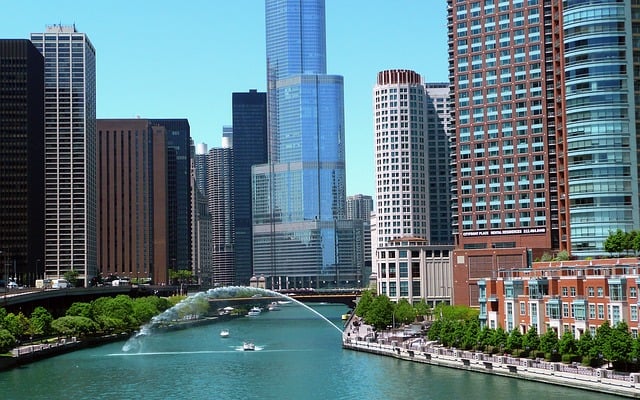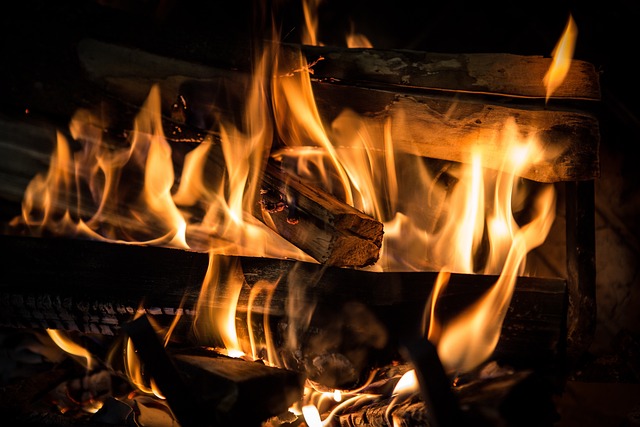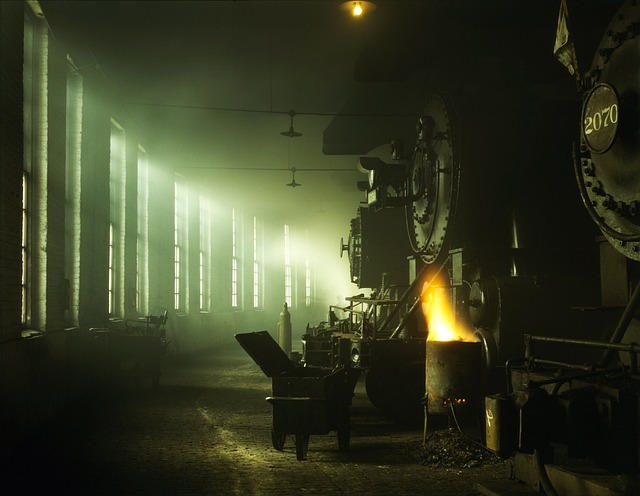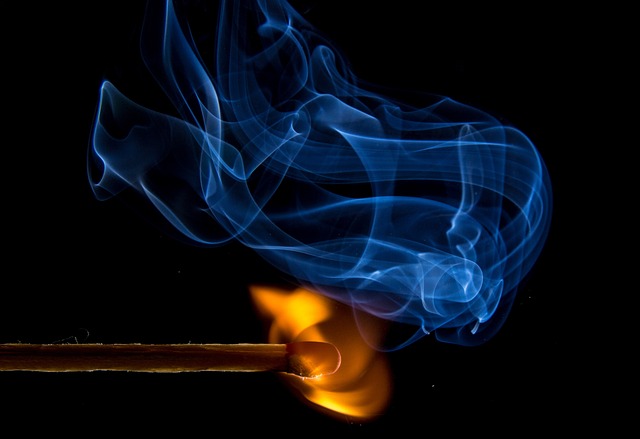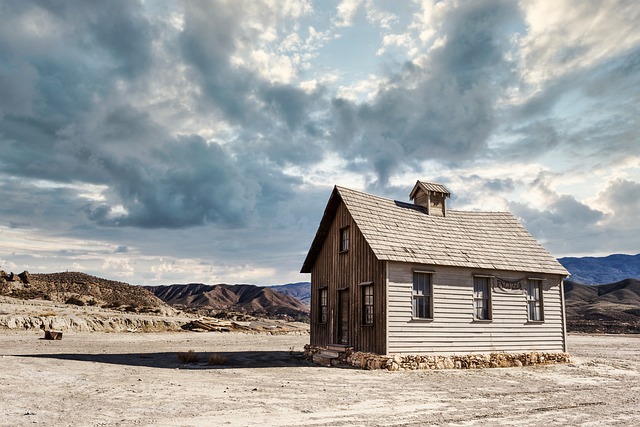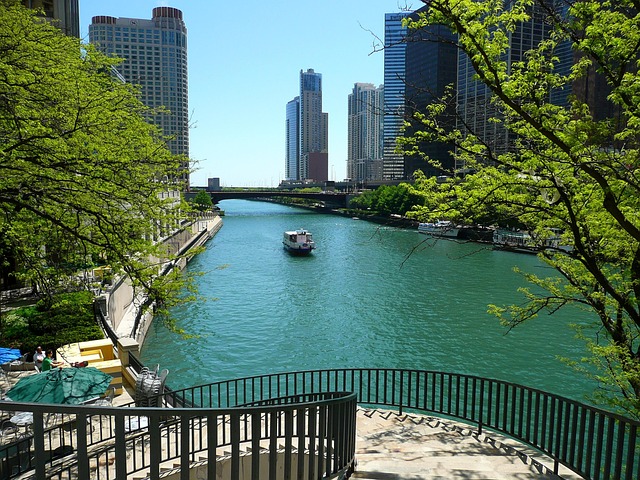Fire-damaged property auctions in Illinois, especially in Chicago, offer competitive real estate opportunities. Specialized companies conduct transparent sales after damage inspections and potential renovation assessments. Buyers can bid based on current market value, making it an exciting investment or post-fire home-buying environment. However, selling a fire-damaged house requires navigating complex legal and regulatory frameworks, including Illinois Fire Code standards and local building department approvals. When buying at Chicago auctions, thorough inspections and research are crucial, with professional guidance recommended to address structural and legal challenges.
“In the aftermath of a fire, homeowners in Illinois often turn to auctions as a swift solution. This article delves into the unique landscape of fire-damaged property auctions in Chicago, offering insights for both sellers and buyers. From understanding the process of selling a fire-damaged house in Chicago to navigating legal considerations and regulations, we guide you through this intricate journey. Discover practical tips tailored for buyers seeking opportunities in these auctions, ensuring a well-informed approach to securing a potential gem among the rubble.”
- Understanding Fire-Damaged Property Auctions in Illinois
- The Process of Selling a Fire-Damaged House in Chicago
- Legal Considerations and Regulations for Fire-Damaged Properties
- Tips for Buyers Navigating Fire-Damaged Home Auctions
Understanding Fire-Damaged Property Auctions in Illinois
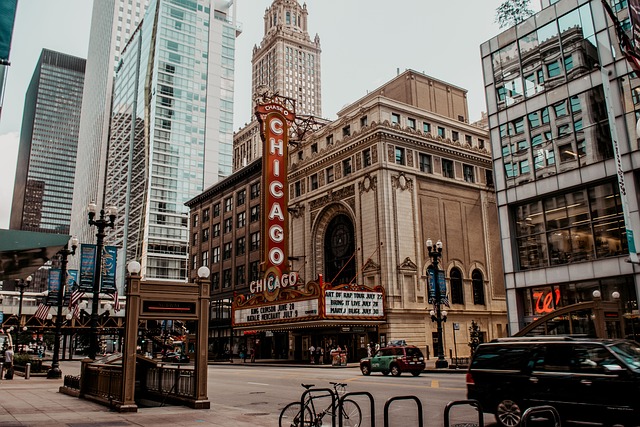
Fire-damaged property auctions in Illinois, particularly in bustling cities like Chicago, present a unique opportunity for buyers seeking to acquire real estate at competitive prices. These auctions are a result of properties affected by fires, offering an alternative path to traditional selling methods. Understanding this process is crucial for both potential buyers and sellers.
In the case of a fire-damaged house in Chicago, the auction serves as a platform where interested parties can assess the property’s condition and value. The auctions are typically organized by specialized companies, ensuring a transparent and efficient sale. Buyers can inspect the damage and decide on their bid, considering both the house’s potential for renovation and its current market value. This dynamic creates an exciting environment, especially for those looking to invest in real estate or secure a home at a reduced cost after a fire.
The Process of Selling a Fire-Damaged House in Chicago
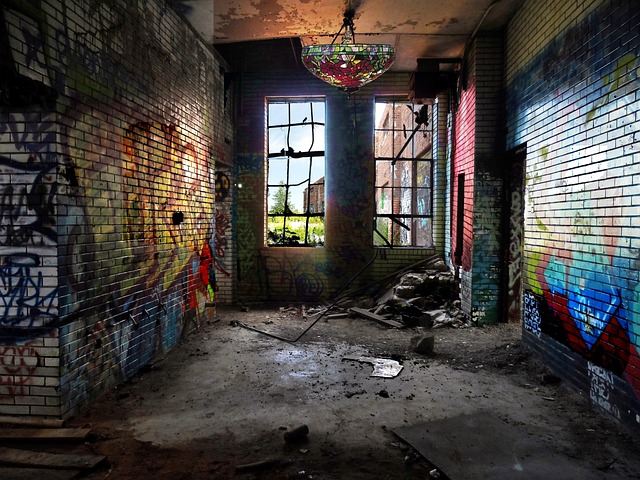
Selling a fire-damaged house in Chicago involves a specialized process tailored to navigate the unique challenges of such real estate transactions. After a structure sustains fire damage, it requires extensive repairs and renovation before it can be considered habitable again. The initial step is a thorough assessment by professionals who evaluate the extent of the damage, determine what parts are salvageable, and provide an estimate for restoration costs. This appraisal plays a crucial role in setting a realistic asking price for the property once it’s ready to hit the market.
The selling process itself often involves specialized real estate agents experienced in handling fire-damaged properties. These agents market the house to potential buyers who may include both traditional homeowners and investors looking for renovation projects. Auctions are a common strategy, offering transparency regarding the property’s condition and allowing for quick sales. Throughout the process, it’s essential to adhere to local regulations and building codes, ensuring that all repairs meet safety standards before the house is considered saleable.
Legal Considerations and Regulations for Fire-Damaged Properties
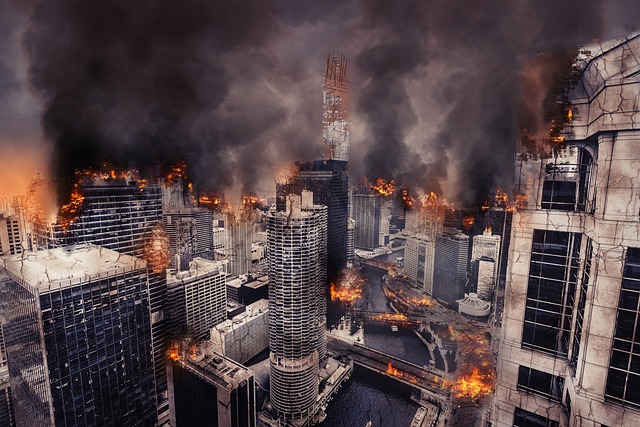
When a home in Chicago suffers significant fire damage, owners often consider selling as a means to recover financially. However, there are legal considerations and regulations that come into play, specific to Illinois and the city of Chicago, which prospective buyers and sellers must understand. These include building codes and safety standards that dictate what repairs are necessary before a fire-damaged property can be legally sold.
The Illinois Fire Code sets forth guidelines for the safe rehabilitation and reuse of buildings after a fire. Sellers are required to disclose any known damage or issues, and buyers should conduct thorough inspections to ensure the property meets these regulations. The local building department in Chicago plays a crucial role in approving repair plans and ensuring compliance with safety standards, particularly when structural integrity is compromised by the fire. This process can impact timelines and expenses related to selling a fire-damaged house in Chicago.
Tips for Buyers Navigating Fire-Damaged Home Auctions

When considering a purchase at fire-damaged home auctions in Illinois, especially in Chicago, buyers must approach the process with caution and expertise. The first step is to thoroughly inspect the property. While many auctions offer pre-bidding inspections, it’s crucial to assess the extent of damage—from structural integrity to potential hidden hazards like mold or lead paint. Remember, a selling fire damaged house Chicago may seem like a bargain, but repairs could be more extensive and costly than expected.
Next, understand your market value. Researching comparable sales of restored properties in the area can give you a realistic idea of what a fire-damaged home is worth post-restoration. This knowledge will help you place strategic bids, ensuring you don’t overpay. Also, consider working with professionals experienced in buying and rehabilitating such properties to guide you through the auction process and navigate any legal or structural issues that may arise from purchasing a fire-damaged house Chicago.
Fire-damaged property auctions in Illinois, particularly in Chicago, offer a unique opportunity for buyers to acquire affordable homes. Understanding the process, legal considerations, and tips for navigating these auctions can make this route an attractive option for those seeking to buy a fire-damaged house in Chicago. By doing their research and approaching these auctions strategically, buyers can find great deals on properties that might otherwise be overlooked, ultimately contributing to the revitalisation of communities affected by fires.
